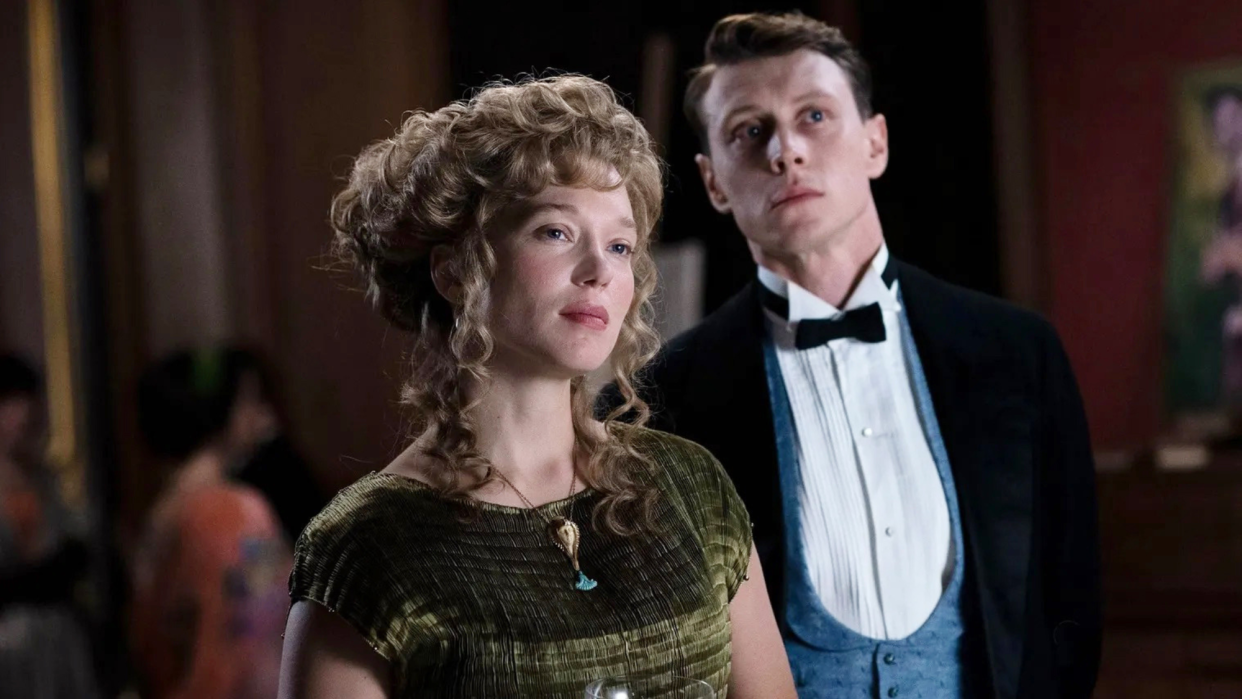The Beast: a 'wholly original' arthouse epic

Based on a novella by Henry James, this "arthouse epic" was rejected by the 2023 Cannes Film Festival – "for being too nuts?" – and went on to become "the most provocative movie of last year's Venice selection", said Kevin Maher in The Times. Finally, it's out in British cinemas, and the key to enjoying it is to not seek to understand it, but to simply "feel it".
Léa Seydoux plays Gabrielle, a woman living in the year 2044 in a Paris taken over by AI. In order to secure a promotion at work, she decides to have her DNA "purified" via an injection to the brain that pings her back to 1910, on the eve of the great flood of Paris, and then to California in 2014, before an incel terrorist attack. In both periods, she meets Louis (George MacKay), who is locked in a "transtemporal romance" with her that "replicates the same tensions and unfulfilled longings across the centuries".
At the heart of the film is the notion that "our DNA becomes infected with the extreme emotional experiences of our previous selves", and though this is admittedly a somewhat "dopey" idea, it proves rather ingenious. As for Seydoux, who is alone on screen for "enormous chunks of time", she is "majestic".
With its time-hopping, two-and-a-half-hour running time and "endless recurring symbolism" – dolls, pigeons and knives crop up a lot – "The Beast" is, well, a bit of a beast", said Steph Green in Empire. But it's a "wholly original work" that feels exquisitely attuned to "current-day neuroses"; and its themes are timeless.
"The Beast" sails bravely through different philosophies and timelines", said Victoria Luxford in City AM, but "nothing comes together quite as cohesively as you would hope". And though it grapples with big questions, its sheer bleakness "overrides everything else".
